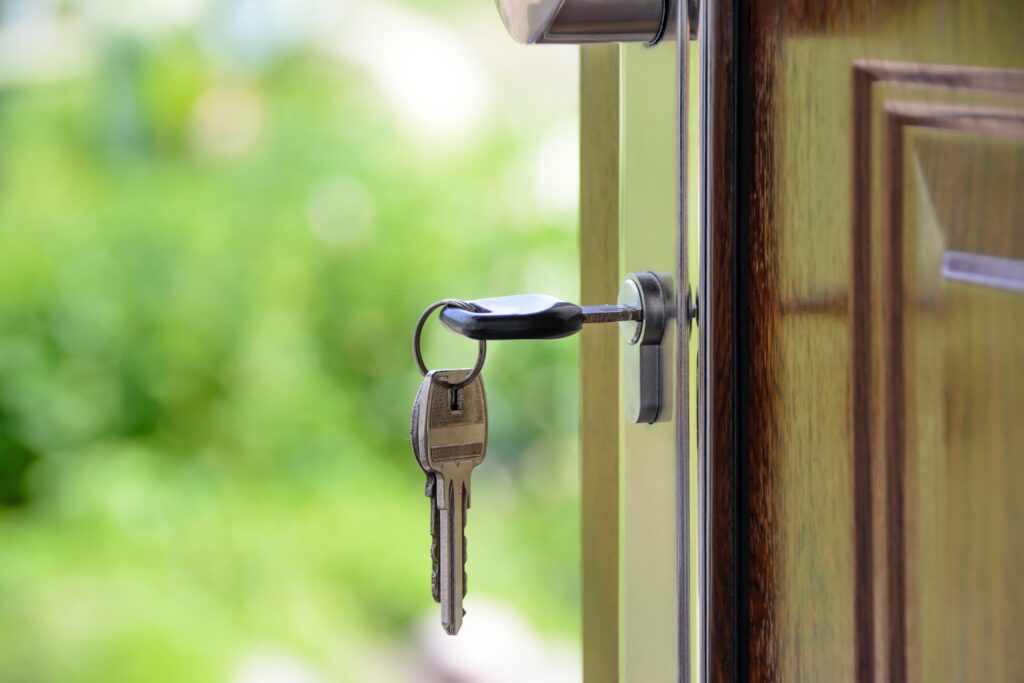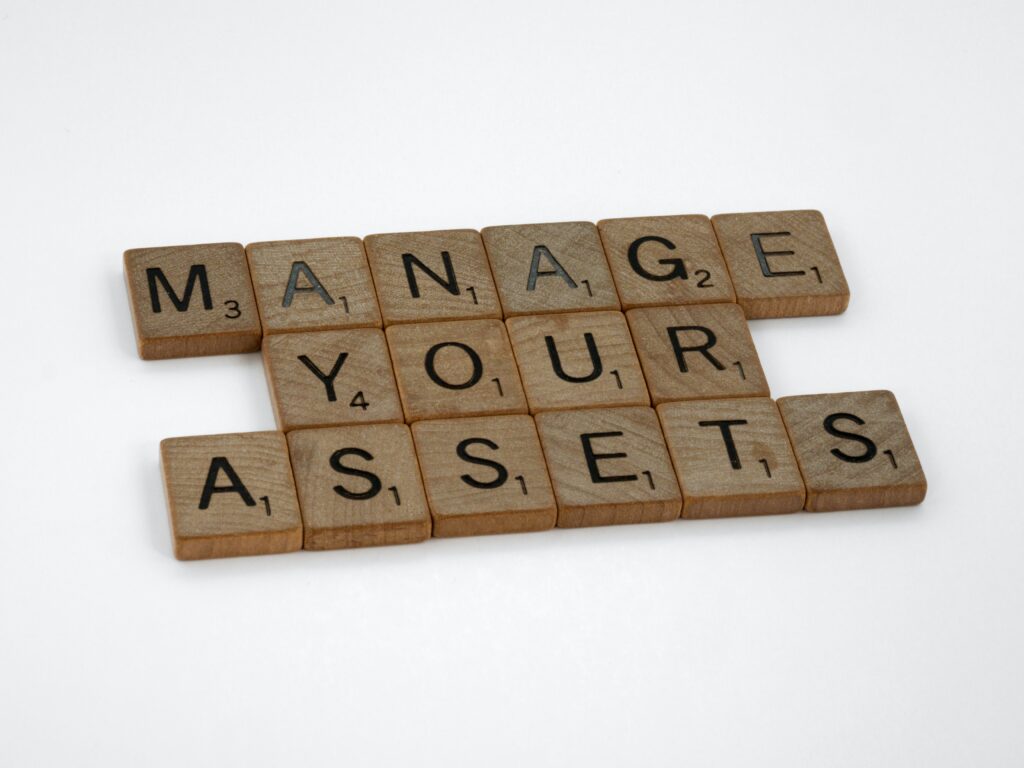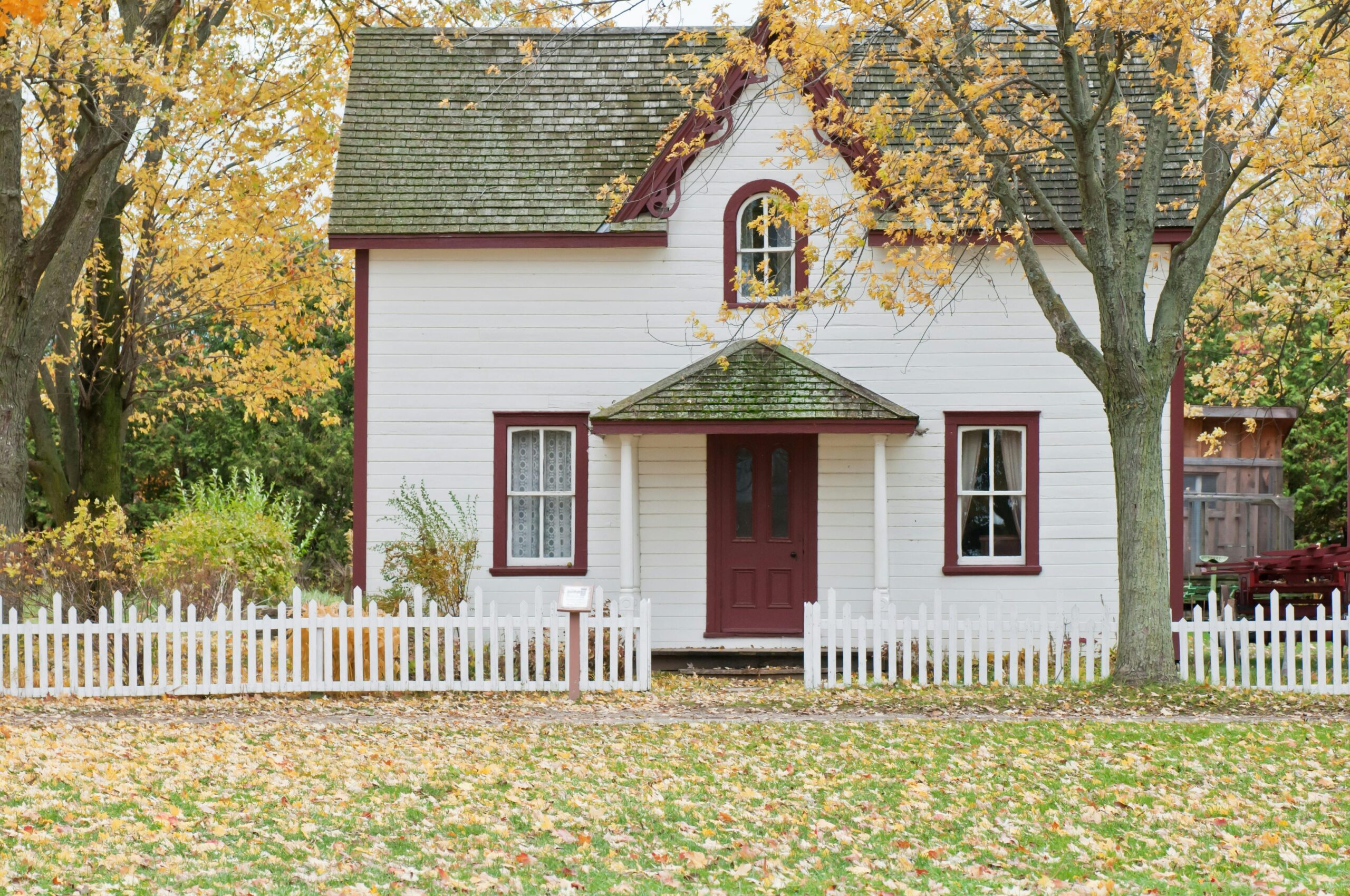So you heard about the wealth-building power of real estate and now you want to invest in rental properties for passive income. Perhaps you are working professional who desires to own multiple income producing properties. How does one go from the ground floor to achieving that goal?
To start, my strong recommendation is to have a bigger vision than “becoming a landlord.” The term has many negative connotations and can trigger thoughts of horror stories most characteristic of unprepared and inexperienced rental property owners. Additionally, it hints at the mistake of working in your business and not on it. After all, this blog is about scalability of our investments, not burnout.
As a result, in this guide I outline the basic steps from going to no real estate to your first income- producing asset.
Get Educated

As the saying goes, “Luck is where preparation meets opportunity.” You have limited ability to influence opportunity, but unlimited ability to become prepared for when a great opportunity for investment property comes your way. Gaining knowledge about rental properties, prices and rents in your area and fast-growing markets gives you confidence necessary to move forward when you see a can’t pass up opportunity.
Here are just a few great recommendations to begin your real estate investment education:
Books
The Book on Rental Property Investing – Brandon Turner
The Millionaire Real Estate Investor – Gary Keller/Jay Papasan
Buy, Rehab, Rent, Refinance, Repeat – David Greene
Emerging Real Estate Markets – David Lindahl
Podcasts
Real Estate Guys Radio
BiggerPockets
Formulate Your Plan

There are numerous methods and strategies to invest in real estate. You must understand which is right for you and your situation. Here are some alternatives to consider:
Goal: Equity or Cash Flow
Usually, a rental property investment is more attractive for either appreciation or cash flow. This is not to say that you cannot have both. However, understanding your goals for what you want out of the property helps guide your investment strategy and the types of properties you seek.
As a general idea, newer properties can have stronger appreciation but lower cash flow, whereas older properties could cash flow better but have limited appreciation over time. While both types of properties produce income from cash flow and appreciation upside, each does one more than the other.
Property Type: Single-Family or Multifamily
Most rental property investors start with single-family homes and eventually go to multifamily. Some stay in single family. Others start with multifamily, having never done single family. Everyone is different. Both have their benefits.
Single-family homes are more numerous and generally easier to get started as an investor and are desirable for residents looking for homes versus apartments. The downside is that scaling your rental portfolio one single-family at a time is more challenging. Multifamily rentals require more resources to achieve as a new investor, however, scaling is more efficient (more units and income, less roofs, less transactions, etc.). My personal goal is to scale from single-family to multifamily.
Class of Property: A, B, C
The type of property you choose stems from above decision on cash flow versus equity. Class A properties are very nice, higher quality and more expensive to acquire. Rent would be higher as you’d be renting a higher quality property. B would be nice, although not as upscale as A, but more affordable. C would be most affordable, but not nearly as nice condition or neighborhood as A or B.
Please keep in mind that the class of property often refers to the neighborhood (A neighborhood, B neighborhood, etc.), but it can often refer to the condition of the property. For example, a good strategy is to seek B and C class properties in A class neighborhoods. That way you get a good price for the property and once improvements are made, you can force the equity to values of the rest of the neighborhood.
Location: Local Market or Out of State
If you live in a great rental market like I do (Palm Bay / Melbourne, FL) that is a great and easy start for you. However, if your local rental market is not attractive (property valuations too high, rent too low, etc.) Maybe it is time to look out of market. Of course, investing in properties outside of your area takes resourcefulness and a great team, so perhaps you should consider a property manager.
Management: Self Manage or Property Manager
When you are just starting out investing in real estate, you will have to make the choice of whether to manage your properties yourself or have a property manager. When I first started, I managed my two rentals myself. It actually was not very difficult, except for those few times a month I would get a call from the tenant. The stress set in because I was at work, and now trying to find a handyman to get the AC fixed in the middle of the summer. I think this is a good experience for people getting started, but once again, you must know your skills and limits. I did eventually get a property manager and they were worth the 10% of my rental income.
Please remember that simply hiring a property manager does not mean you set it and forget it. You actually need to manage the property manager. It is important to vet your PM and make sure your expectations are clear. After all, you want them to manage your property with the same stewardship you would. Exceptions to set include, what repairs and maintenance the resident is responsible for, the semiannual site visit, on time rent and late fees, increases in rent and so on. It is important to get your PM calibrated as early as possible. I promise, it will save you headaches!
Look for Properties That Fit Your Criteria
Now that you identified your investment criteria, you can much more easily identify the types of properties that you are seeking and can clearly articulate that to brokers and realtors who can help you search. For example, you can tell your realtor you are looking for a 3 bed / 2 bath single family home needing some fixes in a great Palm Bay, FL neighborhood. It is a helpful start and also shows clarity to those who are a part of your success.
Do not fret when you learn that finding a good deal takes times. Keep working your process, checking for listings, speaking with agents and contacting potential sellers directly.
Prepare The Property for Advertising
After some work, you have found your property, done your due diligence and negotiated with the seller, and now the property is yours! Congrats! Now the real work begins. You will need to prepare the property, making the necessary fixes and improvements to get it rental ready. Paint walls, replace carpet (carpet is not ideal in a rental), fix doors and windows, service air conditioning, landscaping and so on.
Work with your property manager to identify any other important areas for updates or improvements, such as counters and appliances, that are attractive to a wide range of tenants.
Find and Lease To Tenants

This is possibly the most important part of the process. If you do everything above perfectly and fail to find good tenants, you will have a horrible experience. We have all heard the horror stories of landlords. Don’t be one of them. So how do you find and lease to good tenants. It is simple but takes effort, and that is having a robust screening process.
I wrote a detailed guide on how to screen for the best tenants. In summary, take your time to advertise the property well to the right tenant base answering the common questions in the ad, pre-screen by getting to know prospective tenants, do a detailed application for every adult applicant, absolutely do not skip on the background check and credit check, call previous employers and landlords and finally have a thorough conversation with the future tenant about expectations while they are renting your property.
Download the free Tenant Screening Checklist ✅
Manage The Property and Resident

Finally, you have selected the property, improved it and now it is rented to great residents. Now all that is left to do is manage it. Here’s the thing: next to finding good tenants, managing the property well is critical. If you are not sure you have the time and inclination to self-manage. Hire a property manager, but you will still need to manage your expectations with the PM.
Here are key reminders and suggestions for managing your investment property successfully:
- Check in with your PM once monthly
- Read the financial statements to identify operating expenses for the month
- Drive by the property quarterly (if you are local)
- Treat your tenants with compassion and care (I like to give them gift cards for the holiday)
- Make sure your PM or yourself does an annual or semi-annual property inspection (certainly prior to renewing residents)
If you do these things, you are well on your way to a successful investing experience with your first property. Check out the additional guides below for new landlords and rental property investors!
The Ultimate Guide To Real Estate Investing
How To Use Your 401k To Invest In Real Estate
How To Buy Your First Investment Property
Single-Family or Multifamily Rental Properties
Getting Started: Self Managing or Property Manager
How To Screen For The Best Tenants
💡Invest Your Retirement w/ eQRP
– How To Use Your 401k To Invest In Real Estate


